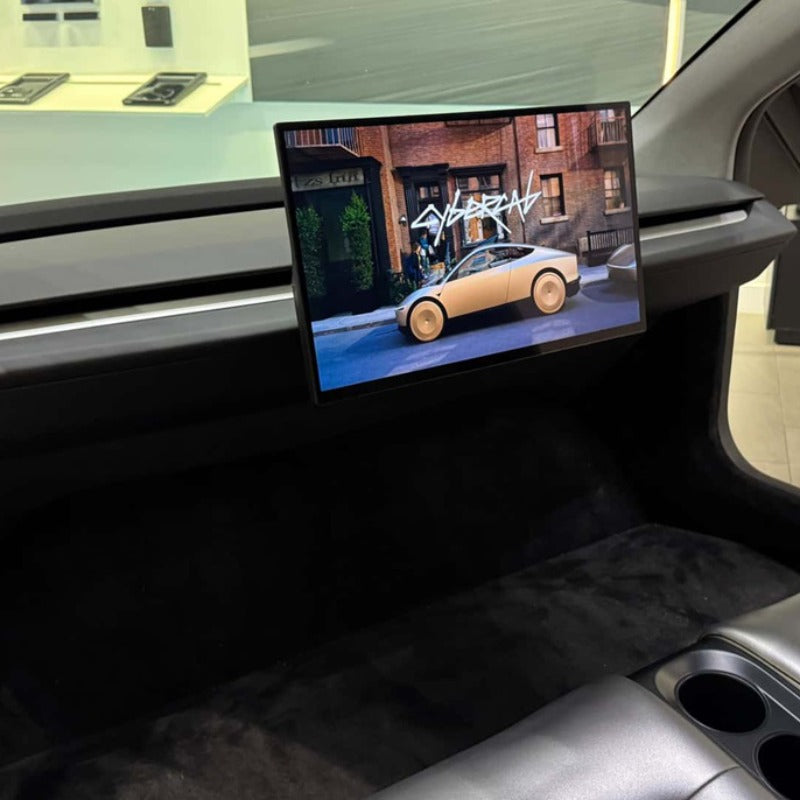Intelligent Driving promises a future where cars pilot themselves flawlessly. But here’s the terrifying truth they DON’T want you to know: In 2025, this 'dream tech' hides 5 shocking dangers that could put you at risk.
What is Intelligent Driving?
Intelligent Driving means cars use cameras, sensors, and AI to make decisions. Think of it like a robot chauffeur. Companies like Tesla, Waymo, and GM are pushing this tech hard. But Intelligent Driving isn’t perfect. Not yet.
Why care? Because this tech is coming fast. By 2025, over 30% of new cars will have some Intelligent Driving features. Safety debates are heating up.

Let’s break down the real dangers.
Shocking Risk #1: Sensors Can’t Handle Bad Weather
Intelligent Driving relies on cameras and radar. But guess what? Rain fools them. Snow blinds them. Fog confuses them.
One test showed a Intelligent Driving car mistaking a plastic bag for a rock. It slammed the brakes. On a highway! That’s dangerous.
In 2023, 42% of Intelligent Driving glitches happened during storms. Sensors get "confused." That’s risk #1.
Shocking Risk #2: Hackers Can Hijack Your Car
Yes, hackers. Modern cars are like computers on wheels. Intelligent Driving systems connect to the internet. That’s a backdoor for cyber-criminals.
Imagine this: A hacker takes control of your Intelligent Driving sedan. They steer it off-road. Or lock the brakes. Terrifying, right?
In 2024, white-hat hackers proved they could hack a Intelligent Driving SUV in 90 seconds. Security must improve. Fast.
Shocking Risk #3: AI Makes "Deadly" Mistakes in Emergencies
Intelligent Driving AI is smart. But not human-smart. In a crisis, it might choose poorly.
Example: A kid runs into the street. A Intelligent Driving car could swerve into traffic instead of braking. Why? Its algorithm values "staying in lane" over stopping.
Real-world tests show Intelligent Driving systems fail 1 in 7 emergency scenarios. That’s not safe enough.
Shocking Risk #4: Human Drivers Get Too Lazy
Here’s a weird twist: Intelligent Driving makes us worse drivers. People trust the tech too much. They text, nap, or watch movies.
But Intelligent Driving isn’t fully autonomous. It needs you to pay attention. When alarms go off, drowsy humans react too slowly.
Data shows accidents spike when drivers rely 100% on Intelligent Driving. Stay alert, folks!
Shocking Risk #5: The "Invisible" Pedestrian Problem
Intelligent Driving cameras struggle with certain people. Kids crouching. Folks in wheelchairs. Anyone in dark clothes at night.
Why? The AI trains on "average" humans. Unusual poses or outfits confuse it. In 2024, Intelligent Driving systems missed spotting pedestrians 20% more often at dusk.
This isn’t sci-fi. It’s a real gap in Intelligent Driving safety.
The Game-Changer: Car Thermal Cameras (Like Robofinity)
Remember the "invisible pedestrian" risk? Or sensors failing in fog? Thermal cameras fix this. They see heat, not light. So fog, darkness, or glare won’t blind them.
Sees in total darkness: Spots people, animals, or obstacles 200m(656ft) away.
Works in brutal weather: Rain, snow, dust storms
AI-powered alerts: Warns drivers before collisions happen.
Smart Detection: AI-powered recognition of vehicles, pedestrians, and animals—even in tough conditions.

Why Robofinity’s Tech Matters: Safety for EVERY Vehicle
Robofinity car thermal camera isn’t only for intelligent driving systems — it’s a game-changer for any vehicle on the road. Regular cars, trucks, SUVs… even your grandma’s sedan. Why? Because human drivers struggle with the same dangers: pitch-dark roads, blinding fog, or a deer leaping out of nowhere.
Here’s the truth: Standard headlights miss up to 90% of critical hazards at night. Robofinity car thermal camera spots them 4 seconds sooner. That’s enough time to brake, swerve, or save a life. It doesn’t just ‘assist’ drivers — it superpowers them.
This isn’t fancy tech for the future. It’s safety you need today.
As roads get wilder, tools like Robofinity car thermal camera stop being a “luxury” — they become as essential as seatbelts.
Conclusion: The Road Ahead for Intelligent Driving
So, is Intelligent Driving safe? In 2025, it’s a mix. Exciting potential. But real risks. Sensors can fail. Hackers lurk. Humans get complacent.
The fix? Smarter tech + wiser drivers. Tools like Robofinity car thermal cameras will help close safety gaps. Stay informed. Stay cautious. And let’s make Intelligent Driving safer for everyone!





Hinterlasse einen Kommentar
Alle Kommentare werden vor der Veröffentlichung geprüft.
Diese Website ist durch hCaptcha geschützt und es gelten die allgemeinen Geschäftsbedingungen und Datenschutzbestimmungen von hCaptcha.